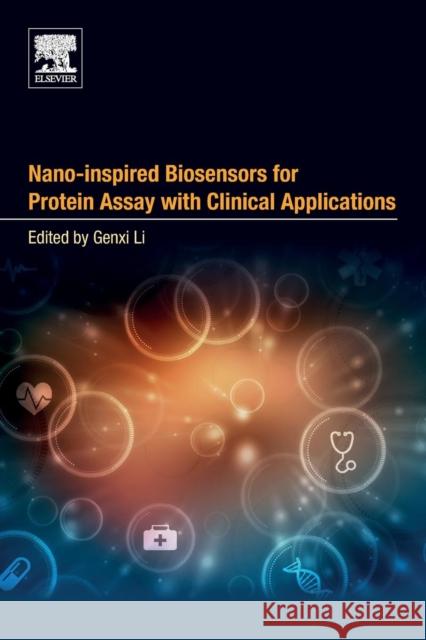Nano-Inspired Biosensors for Protein Assay with Clinical Applications » książka
topmenu
Nano-Inspired Biosensors for Protein Assay with Clinical Applications
ISBN-13: 9780128150535 / Angielski / Miękka / 2018 / 378 str.
Kategorie:
Kategorie BISAC:
Wydawca:
Elsevier
Język:
Angielski
ISBN-13:
9780128150535
Rok wydania:
2018
Ilość stron:
378
Waga:
0.50 kg
Wymiary:
22.86 x 15.24 x 1.98
Oprawa:
Miękka
Wolumenów:
01
Dodatkowe informacje:
Bibliografia











